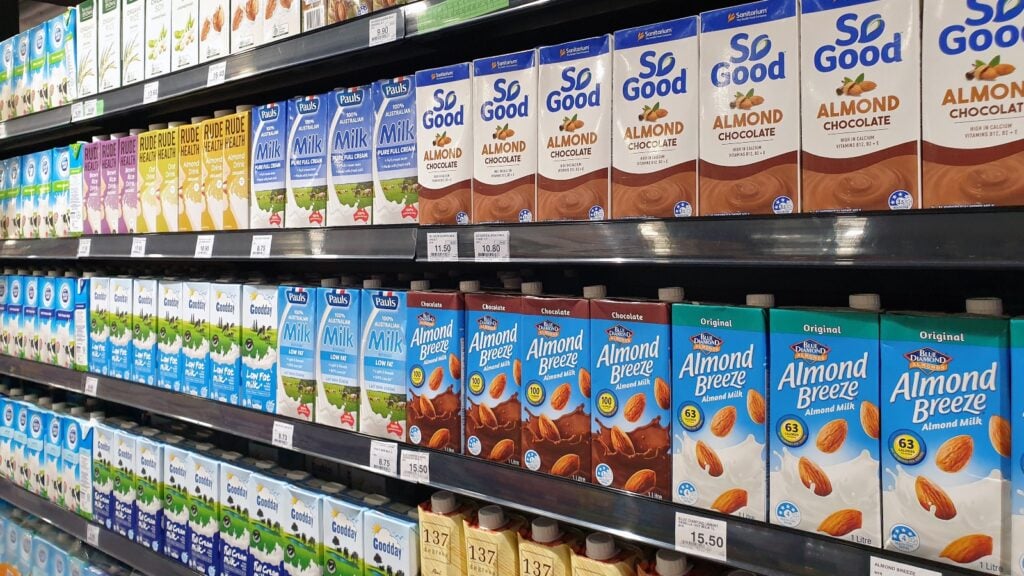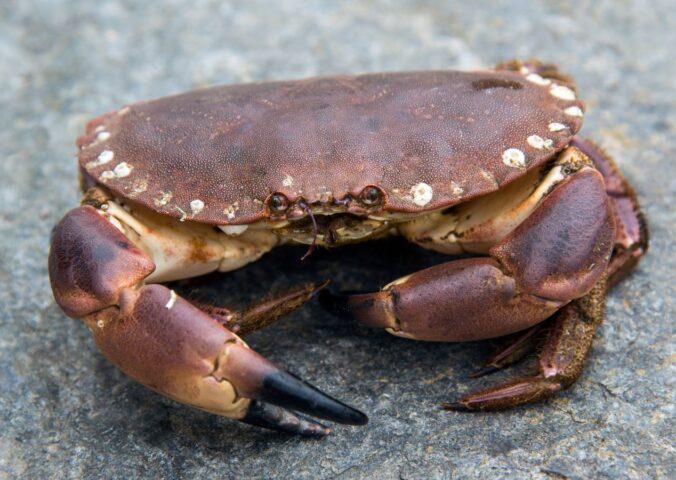The European Parliament, European Council, and The European Commission have rejected Amendment 171, aka the dairy ban.
At this time, EU law already prohibits the use of terms including ‘almond milk’ or ‘vegan cheese’. However, Amendment 171 sought to further tighten the rules.
Europe’s dairy ban
If passed, descriptors such as ‘yogurt-style- and ‘cheese-alternative’ could have been banned. Moreover, the legislation aimed to prohibit brands from using packaging styles similar to their animal counterparts – such as butter blocks and milk cartons.
Science-based claims that compared vegan foods to animal products, aka ‘half the carbon emissions of dairy butter’ would also be banned.
“The plant-based industry is playing a vital role in the fields of environmental sustainability, human health, and animal welfare.”
Francisco Guerreiro, Politician
A slew of leading companies such as Upfield, Nestlé, and Oatly – as well as environmentalists Greta Thunberg and Geroge Monbiot – spoke out against the amendment, which has been branded ‘plant-based dairy censorship’.
Non-governmental organization Proveg International also created an online petition against the dairy ban, which garnered nearly half a million signatures.
‘A common sense victory’
Now, the controversial amendment has been dropped ahead of the EU’s super trilogues.
Jasmijn de Boo is the Vice President of ProVeg International. In a statement sent to PBN, she said: “This is a common-sense victory.
“Citizens, industry, and experts have spoken and the EU listened. It would be absurd to censor plant-based products at the same time as telling consumers to switch to a plant-based diet. Imagine censoring electric cars or recycled paper.
“We applaud the EU for its clear-sightedness under immense pressure from environmentally reckless interests.”
European Parliament
Francisco Guerreiro MEP was one of many politicians to slam the amendment.
“It’s a shame that this amendment was even on the table in the first place,” he said.
“We can’t get back the precious time that was lost trying to find a compromise over this nonsensical amendment. But, we can be very happy that negotiators finally came to their senses and decided to drop it.
“The plant-based industry is playing a vital role in the fields of environmental sustainability, human health, and animal welfare, and the EU must support its growth, not halt it.”






